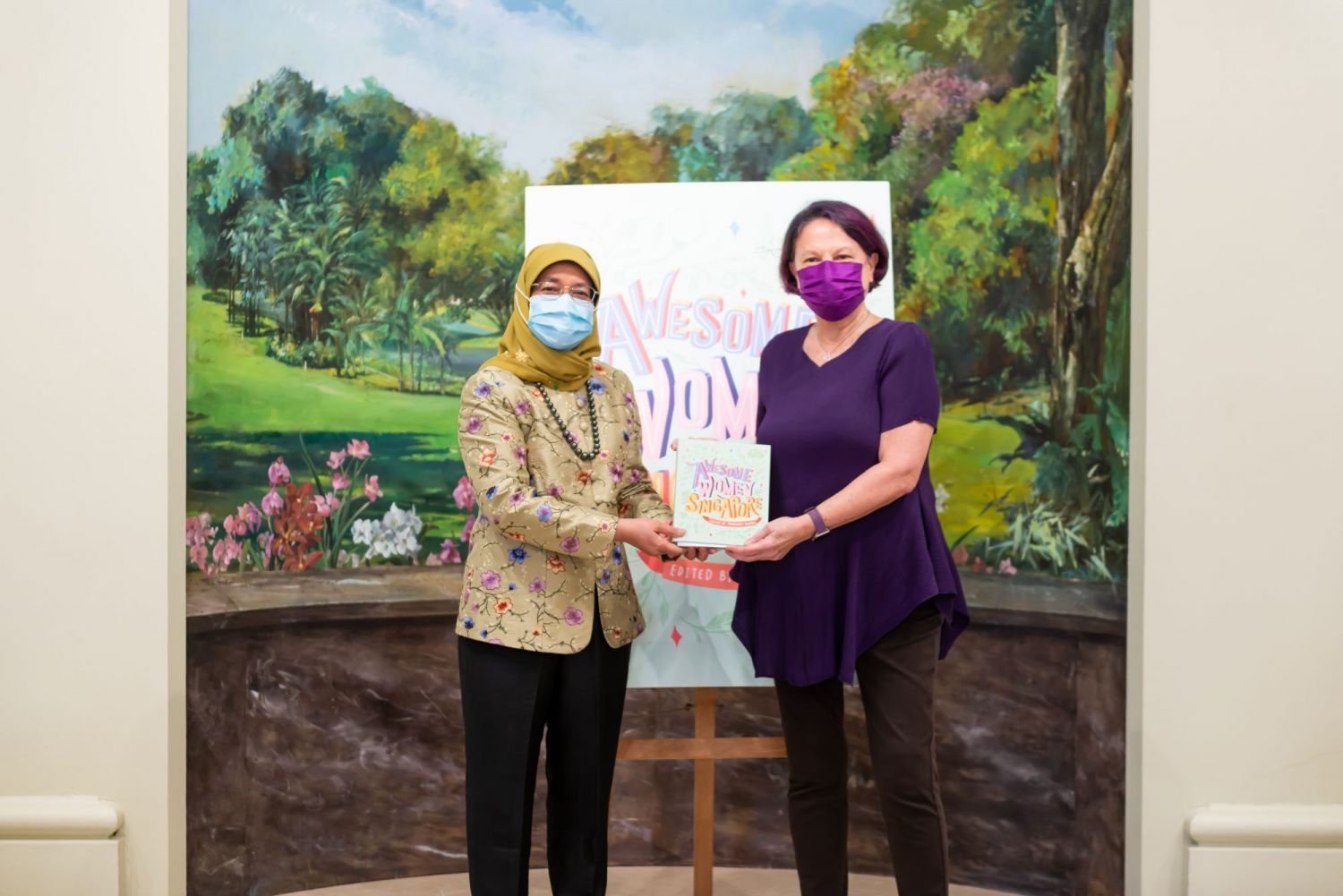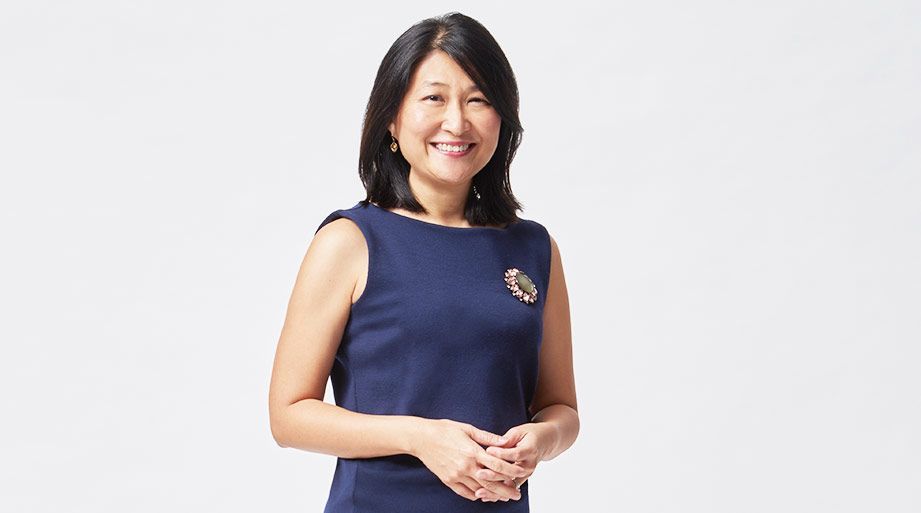We find out from the advocates and organisations championing a better future for women on how far we have come and what more needs to be done
Gender equality and female empowerment have been a core tenet in the United Nations (UN) Charter since 1945. But even though there has been progress in gender equality, UN secretary-general António Guterres warned in 2020 that the pace of change is not rapid enough to close the global gender gap within the next 100 years.
Obviously, the pandemic has exacerbated existing disparities. In Asia, lockdowns, remote working and online learning have increased gender gaps in employment and education, while patriarchal mindsets have put a disproportionate burden on women when it comes to caregiving even as they are expected to perform at work.
Don't miss: Asia's Most Influential: How Izza Izelan Fights for Gender Equality
Margaret Thomas, president of the Association of Women for Action and Research (Aware), points out that women in the Asia-Pacific region spend 4.1 times more time on household and caregiving work than men, and this has an enormous impact on women’s leadership, careers, financial situation and well-being.
Areas of concern in Singapore, Thomas highlights, include a gender pay gap that has barely changed over the past 20 years, stagnating at around 16 per cent despite women making up 64.2 per cent of the labour force in 2021. Aware’s Sexual Assault Care Centre has also seen a rise in new forms of sexual violence, particularly technology-facilitated sexual violence (a 36 per cent increase from 2019 to 2020 alone), where unwanted sexual behaviour is carried out via digital technology such as cameras, social media platforms and dating apps.


